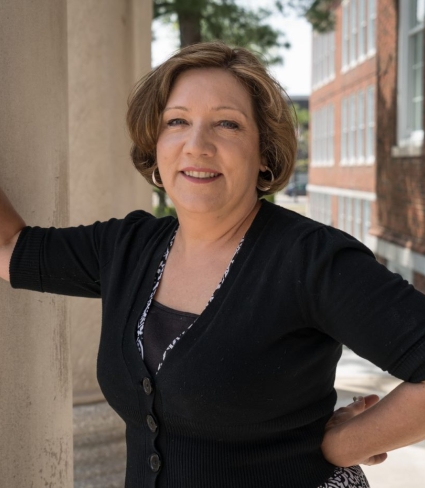
Susan Keller-Mathers, Ed.D.
Associate Professor Chase Hall 246Office: (716) 878-4070
Email: kellersm@buffalostate.edu
Susan Keller-Mathers is an Associate Professor at the Center for Applied Imagination. Susan holds a BS in Elementary Education, an MS in Creativity, and an Ed.D in Curriculum and Instruction. Susan teaches graduate courses in creativity, chairs the curriculum committee, and serves on leadership teams of various departments across campus dedicated to infusing creative learning into their teaching and learning practices. She published over 30 articles, chapters, and books on creativity, creative behavior, and the use of deliberate methods to facilitate creative learning, including producing a video series demonstrating and debriefing the use of Creative Problem Solving tools, including SCAMPER, Brainwriting Debrief, PPCo, PCA debrief and expert views of Creative Problem Solving.
Working in over a dozen countries, her passion is designing and delivering creative learning and creative problem-solving experiences, facilitating educational change and a global perspective of creative learning. As a leadership team member, Susan also guides the designing and delivering of the innovative superintendent and principal post-master’s training and the post-master’s Teacher Leader Certificate, and the Conflict and Analysis Resolution master’s program. For over two decades, Susan has served as an adjunct faculty member with the International Graduate Programs for Educators, teaching graduate creativity courses to international educators in the Americas, Africa, the Middle East, and Asia, serving for a year as the program's interim director.
Susan’s focus is educating the next generation of creativity experts who will utilize their degree in creativity in diverse professional and personal arenas. For nearly three decades, she has continued the development of the Torrance Incubation Model (TIM) for designing learning that weaves creativity into lesson, unit, course, and training frameworks, advocated for a more creative education, assisted with the development of new initiatives in creative learning in early childhood through university, facilitated Creative Problem Solving for organizational change and researched the lives of extraordinary women of creative accomplishment.

